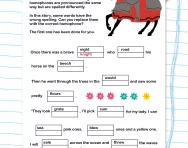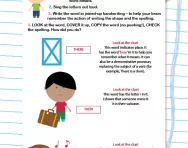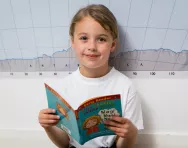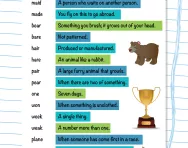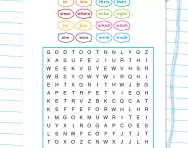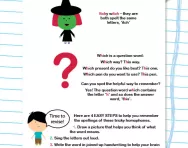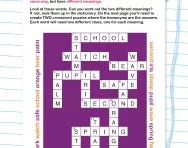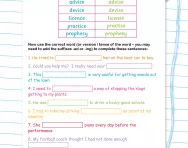Important update from TheSchoolRun
For the past 13 years, TheSchoolRun has been run by a small team of mums working from home, dedicated to providing quality educational resources to primary school parents. Unfortunately, rising supplier costs and falling revenue have made it impossible for us to continue operating, and we’ve had to make the difficult decision to close. The good news: We’ve arranged for another educational provider to take over many of our resources. These will be hosted on a new portal, where the content will be updated and expanded to support your child’s learning.
What this means for subscribers:
- Your subscription is still active, and for now, you can keep using the website as normal — just log in with your usual details to access all our articles and resources*.
- In a few months, all resources will move to the new portal. You’ll continue to have access there until your subscription ends. We’ll send you full details nearer the time.
- As a thank you for your support, we’ll also be sending you 16 primary school eBooks (worth £108.84) to download and keep.
A few changes to be aware of:
- The Learning Journey weekly email has ended, but your child’s plan will still be updated on your dashboard each Monday. Just log in to see the recommended worksheets.
- The 11+ weekly emails have now ended. We sent you all the remaining emails in the series at the end of March — please check your inbox (and spam folder) if you haven’t seen them. You can also follow the full programme here: 11+ Learning Journey.
If you have any questions, please contact us at [email protected]. Thank you for being part of our journey it’s been a privilege to support your family’s learning.
*If you need to reset your password, it will still work as usual. Please check your spam folder if the reset email doesn’t appear in your inbox.
What is a homophone?
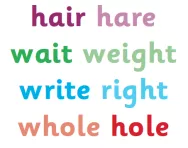
What are homophones?
Homophones are words that sound the same but have different meanings.
Some homophones are pronounced the same way and spelled the same way but have different meanings (homonyms). For example:
rose (the flower) and rose (past tense of the verb to rise)
book (something we read) and book (to schedule something)
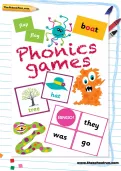
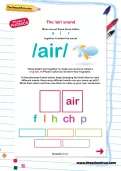
Your 'at-home' phonics support kit
- Step-by-step phonics programme
- Your guide to phonics
- Worksheets & games
What is a homonym?
Homonyms are a kind of homophone, words that are written and said the same way but have different meanings. Examples of homonyms are book (something we read) and book (to schedule something) or spring (the season) and spring (to jump up).
What is a homograph?
Homographs are words that are written the same way, but pronounced differently (for example, to wind a clock but blowing wind). Homographs are not homophones (because they don't sound the same).
Homophones learned in primary school
Children have to learn a set list of homophones under the national curriculum. They are often given a list of homophones to learn for their spellings. Your child will learn the following homophones in each year:
| Year | Homophones |
| Year 2 | there, their, they're here, hear see, sea bare, bear one, won sun, son two, to, too be, bee blue, blew night, knight |
| Years 3 and 4 | accept, except affect, effect ball, bawl berry, bury brake, break fair, fare grate, great grown, groan heel, heal, he'll knot, not mail, male main, mane meat, meet medal, meddle missed, mist peace, piece plain, plane rain, rein, reign scene, seen weather, whether whose, who's |
| Years 5 and 6 | licence, license practice, practise prophecy, prophesy father, farther guessed, guest heard, herd lead, led morning, mourning past, passed precede, proceed principal, principle profit, prophet stationary, stationery steal, steel whose, who's |
Teaching children homophones helps them to widen their vocabulary by learning the meaning of new words and also provides an opportunity to practise and improve spelling.
Teachers teach homophones in a number of ways:
- 'Fill the gap' worksheets showing homophones used in the context of different sentences.
- Writing lists of homophones on a class display for children to see every day.
- Sending home lists of homophones for children to learn for spelling tests.
- Encouraging children to write sentences containing a pair of homophones.
- Homophone games involving cards with words written on them (matching the pairs of homophones or matching a word to its definition).
Find homophone worksheets and activities to download in our spelling worksheets.

